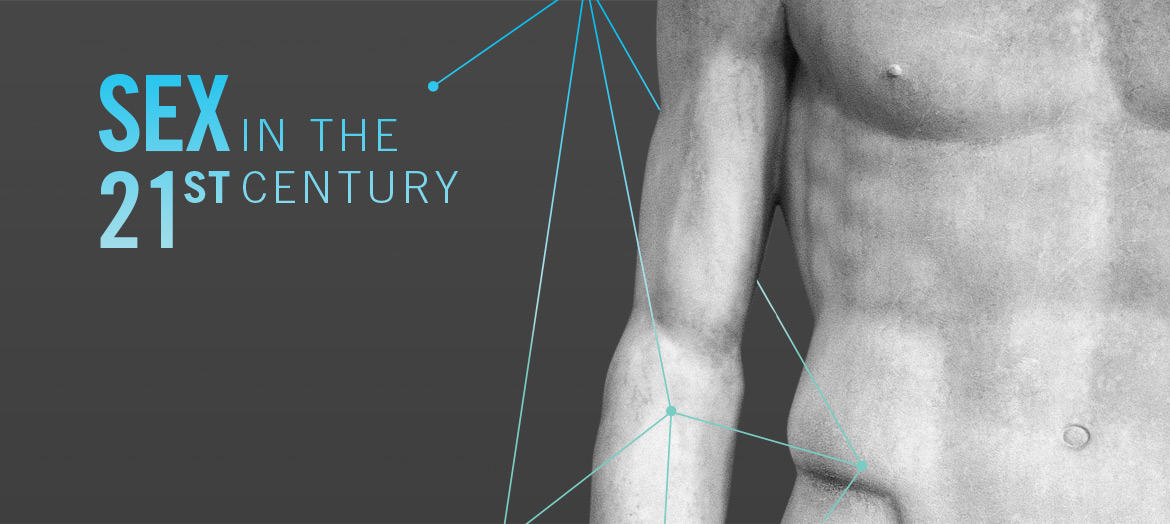Partner sexual health problems
Content written by Irwin Goldstein, MD
Couples share sexual dysfunctions and psychologic distress directly related to their sexual health problems. There are multiple studies that have assessed how female sexual dysfunctions, such as low sexual interest, reduced sexual arousal, and muted orgasms, occur as a direct result of men’s sexual health concerns, such as erectile dysfunction and premature ejaculation.
In contrast, there are few studies that have assessed how male sexual dysfunctions, such as reduced sexual interest, unreliable erections, poor quality orgasms, or psychologic distress, occur as a direct result of female’s sexual health concerns, such as female sex pain and female orgasmic dysfunction.
It seems logical that some men have a sexual dysfunction and a psychologic distress that occurs as a direct result of their female partner’s sexual dysfunction. From the perspective of many men, it is arousing to be with a sexually aroused woman. In addition, many men feel that is it is arousing to be desired and to be solicited by a woman. If a woman has an impairment of both, and she has a condition of hypoactive sexual desire disorder, or sexual pain, or orgasmic dysfunction, or sexual arousal disorder, over time, it is logical that there will be decreased male sexual response and male sexual satisfaction.
One of the most common female sexual pain problems is provoked vestibulodynia, formerly called vulvar vestibulitis syndrome. This female genital pain condition results in a female sexual dysfunction that impacts negatively on the male partner psychologic health. Few studies have focused on determinants of male partner spouse adjustment, that is, how pain may affect the adjustment of the healthy male partner and how he copes with her chronic sexual pain. One study showed that greater perceived physical and psychosocial disability of the woman with sexual pain by the male spouse were highly associated with male spouse marital dissatisfaction and affective distress. In a study of 38 women with vestibulodynia, male partners responded to mailed questionnaires about such measures as psychological distress, relationship adjustment, sexual functioning, and sexual satisfaction. The mailed questionnaires assessed whether the male partner attributed traits and causes to things the male partner observed about their women with sexual pain. In this study, men’s negative attributions to the sexual pain problem were associated with lower male sexual satisfaction. Male partner psychologic distresses were associated with higher levels of women’s pain intensity.
One study focusing on women with orgasmic dysfunction found that male partners were more likely to blame themselves than the circumstances for the sexual dysfunction. It is possible that if male partners perceived that they were some how responsible for the women’s sexual health problem, they would experience strong feelings of guilt.
A future research project would be to design a partner satisfaction study in male partners of women successfully treated for female sexual dysfunction. In such partner satisfaction studies in female partners of men treated for male sexual dysfunction, there was a positive outcome noted, that is, there was an increase in women’s sexual function after treating the men with sexual dysfunction.
